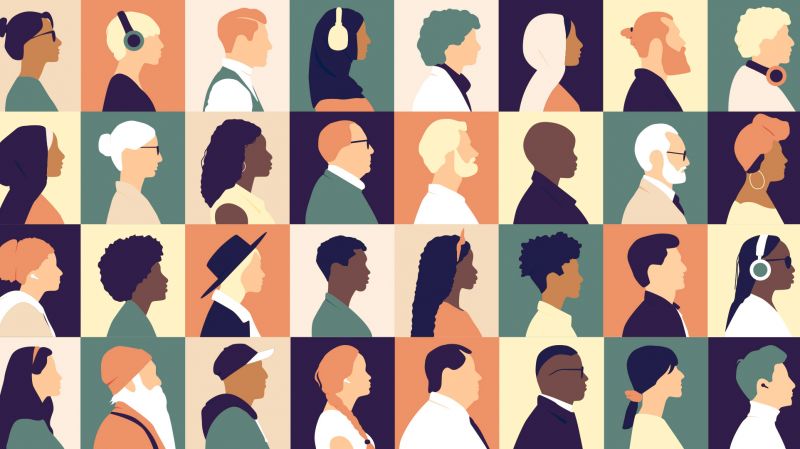Let’s Try Pensions for Youth, Internships for Retirees
We need to flip the career ladder to encourage young people to explore their future and retirees to keep contributing

Parents like to talk about their kids. They are fixated on their children’s generation, how they might be different and, mostly, what their future might look like. In a series of studies across different generations, there is evidence that people’s values, attitudes (towards work and life) and beliefs are heavily influenced by a shared location in time and space.
External events shape people’s perceptions of work. Our research indicates that members of generation Z (those born after circa 1995) no longer value high salaries or rapid promotions — characteristics of a traditional career ladder prized by the preceding generation (gen Y, also known as the millennials). The confluence of globalization, technological advancements, generative artificial intelligence and structural shifts in the economy have seen many young workers struggle to gain a foothold in the labour market. Therefore, it should not come as a surprise that job security has jumped in priority for gen Z compared with gen Y.
As the nature of work transforms, uncertainties abound. Emerging work models – remote, hybrid, virtual and even a four-day workweek – may not persist throughout gen Z’s careers. This raises fundamental questions about the future of work: What will work look like? Is work essential? How can we create opportunities as traditional career ideals become obsolete?
Essential enablers
Work is a significant part of our lives. Estimates vary, but we spend a third to half of our lives working. Work serves three important functions. First, work is essential because it provides us with material resources to buy the necessities of life and to meet our consumption needs. Second, work allows us to use our talents and abilities. It satiates our psychological need for meaning and purpose, including egoistic needs (self-esteem and self-actualization). Third, work protects us from boredom and vice and from getting into trouble. Any transformation of work must therefore address these essential functions.

The key will be imagining opportunities in the future of work that embrace a holistic view, transcending traditional notions of labour and productivity. This opportunity invites us to envision a future where work not only serves economic functions but also fulfils our innate desire for purpose, meaning and personal growth. By embracing these opportunities, individuals and societies can navigate the complexities of a rapidly changing world, forging paths that lead to greater fulfilment, innovation and collective progress.
It is important to find ways to inverse the current models of work, starting with addressing income security, preparing young workers for impactful careers and encouraging them to socialize and hence seek rewards that benefit themselves and others. This proposition benefits everyone and, crucially, it ensures equitable starting positions in life for those with fewer resources. Mature workers could also remain in the workforce longer for purpose and meaning, for income, or to ensure knowledge exchange.
To accomplish these goals, we need to reverse career trajectories: “pensions” for young people, a growth period, and then “internships” for retirees. This would encourage dynamic, diverse hiring and societal engagement across generations.
While pilots can take place immediately, designing and implementing future-focused employment policies, along with necessary changes to related social and pension policies, will take longer. As the world discusses the role that universal basic income could have in a future in which AI influences work, technological advancements, particularly in the future of money and value, will likely influence the implementation of this opportunity within the next decade.
Eddy Ng is a professor and the Smith Professor of Equity and Inclusion in Business at Smith School of Business. This article is reproduced with permission from the Dubai Future Foundation, based on the “Future Opportunities Report: The Global 50 [special edition], published Sept. 18, 2024.